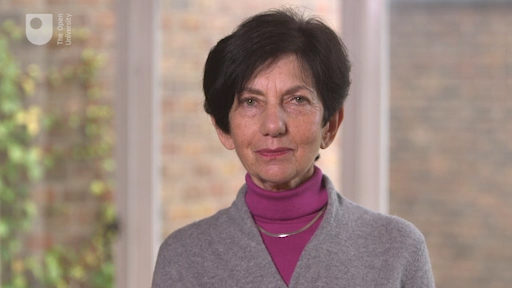Week 7: Adulthood
Introduction
Most of what you have learned so far has focused on children. However, autism is usually a lifelong condition with many core challenges persisting in adulthood – although there is also change and development, just as for any neurotypical person growing up. Some young autistic adults succeed in overcoming multiple challenges and adapt to independent living, and as you saw in Week 5 [Tip: hold Ctrl and click a link to open it in a new tab. (Hide tip)] , a small proportion achieve ‘optimal outcomes’, becoming free of their autistic symptoms. For others, serious challenges affecting autonomy and well-being persist. Some people only discover their autism in adulthood, often after years spent struggling with a sense of being different. Across these different groups, several things are clear:
- less is known about how autism affects people in adulthood
- the factors that lead to different outcomes in adulthood are not fully understood
- less help and support is available for adults than for children.
This week discusses what is known about autism during and after the transition to adulthood and in older age. It describes some different life scenarios for autistic adults and the challenges that they may face, for instance in employment and relationships. It outlines some of the provision and support available, but also highlights the many gaps, whether in the UK or worldwide.
Now watch the video in which Dr Ilona Roth introduces this week’s work:

Transcript
By the end of this week you should be able to:
- understand problems relating to the transition into adulthood for autistic people
- appreciate factors that may affect outcomes in adult life
- be aware of the range of outcomes that may result for autistic adults
- understand particular challenges in adult life concerning independence, employment, relationships, legal issues and health
- be familiar with forms of support available for adults and their limitations.
